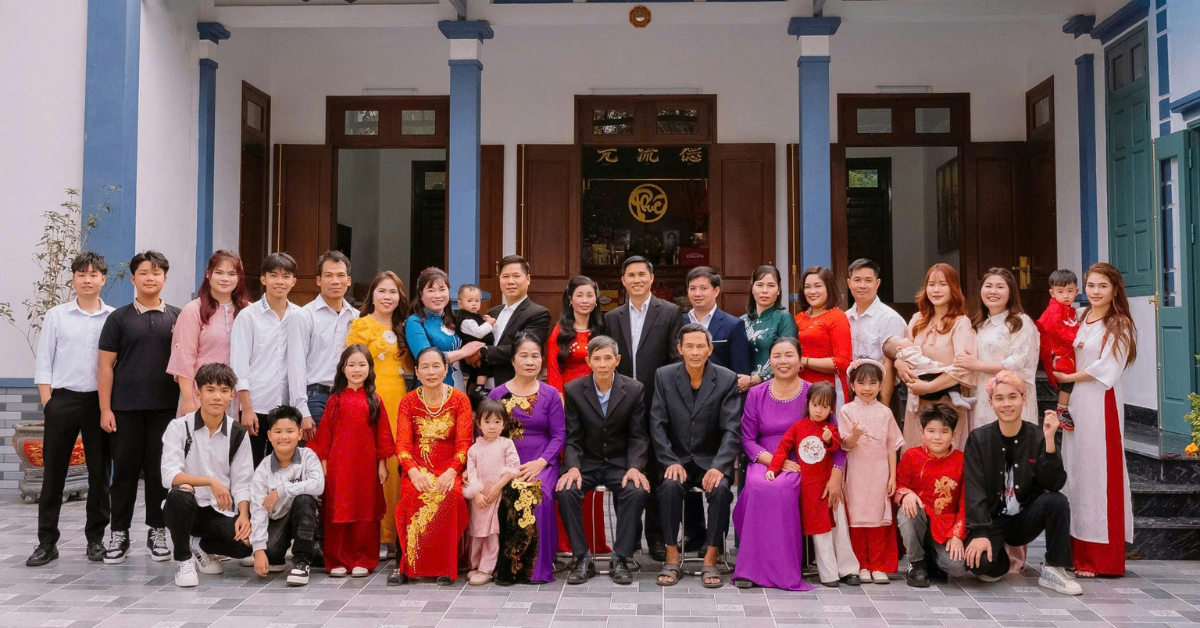Innovation involves risk-taking and requires a high tolerance for failure. Businesses that innovate are usually more agile in the face of risk. That said, innovation can also lead to ways to reduce risks, while affecting corporate policies such as financing decisions, firm value and asset growth.

Telfer professor Imed Chkir has received a SMRG Research grant for a research project titled “Non-granted patents, tolerance to failure and innovation success,” to analyze the consequences of unsuccessful innovation. His research seeks to answer two questions in an international setting: What’s the effect of failed innovation efforts on CEOs’ careers? and What’s the effect of failed innovation efforts on CEOs’ compensation?
Measuring the effects of unsuccessful innovation
Chkir’s research to date has highlighted how literature has long focused on factors that either enhance or hinder innovation. Studies have looked either at corporate innovation efforts, measured by research & development (R&D) or at successful innovation output, measured by the number of granted patents. No one has studied the effect of unsuccessful innovation efforts on corporate governance mechanisms and on the success of future innovation, as Chkir intends to do.
Chkir will be the first to use non-granted patents to study unsuccessful innovation. Empirical literature in this area is relatively sparse, with insufficient comprehensive data on non-granted patents. The research data will allow Chkir and his team to measure firms’ reaction to unsuccessful innovation and develop a risk tolerance index.
The research will use the Clarivate Analytics Innovation database powered by the Derwent World Patents Index. The data will be used to build measures of unsuccessful innovation.
This will be the first comprehensive international research in the area and will add to the literature on innovation in an international context.

-zhang.png)









